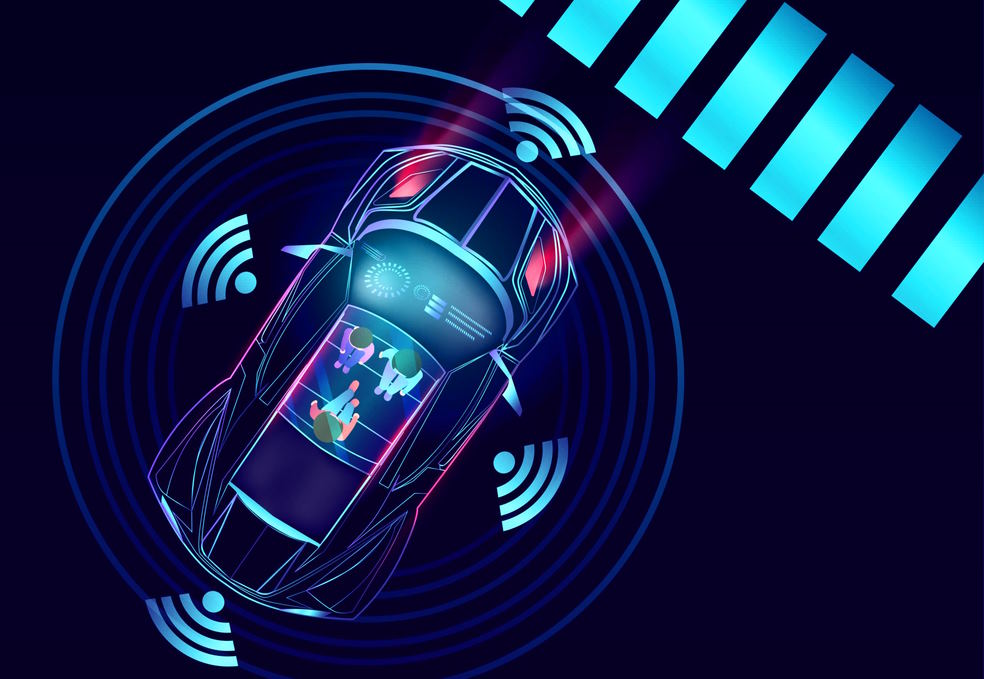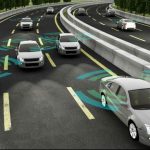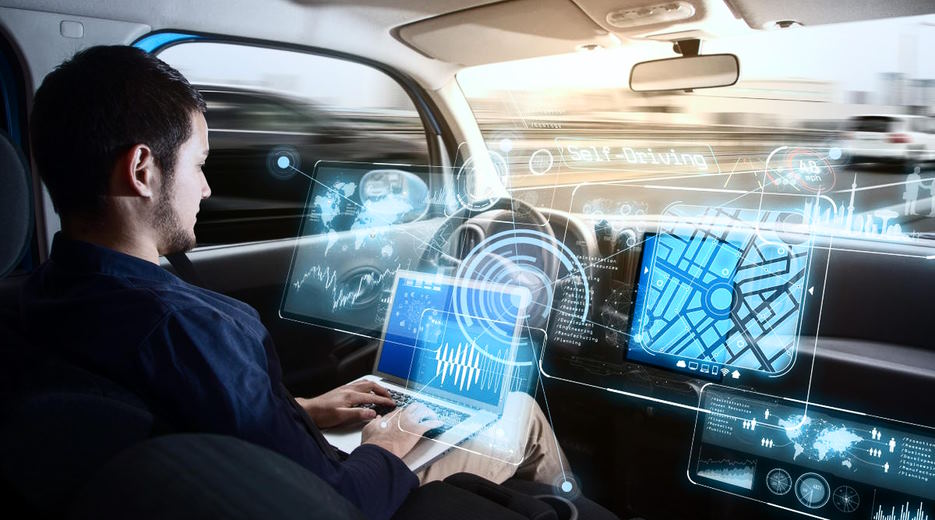Self-driving cars have the potential to revolutionize our transport systems and significantly reduce road deaths due to driver error, yet they also present numerous ethical dilemmas that must be addressed if this technology is truly to benefit society. In order for autonomous vehicles to make decisions quickly when a dangerous situation occurs on the road, they need software that can weigh up different factors, such as the safety of passengers and pedestrians, but at what point does the car’s decision become morally indefensible? How do you prevent a self-driving car programming “choosing” which occupants should live or die in an unavoidable collision scenario? These are extremely complex questions and ones without easy answers. As we move closer towards realizing our dream of full autonomy on public roads, it becomes increasingly important that these issues are given due consideration so any damage done by this technology is minimized.
The need for ethical guidelines around self-driving cars
Self-driving cars can put millions of lives at risk, and the potential consequences of a serious accident involving an autonomous car could be disastrous. In order to ensure that self-driving cars are operated safely and responsibly, ethical guidelines must be implemented and followed.
These ethical guidelines should consider several factors, including safety, privacy, responsibility for decisions made by the car, and environmental impact. As self-driving technology advances, these ethical considerations will take on even more importance as people increasingly rely on automated vehicles for everyday transportation needs.
In addition to considering the practical implications of implementing self-driving technology, organizations must also focus on developing legal frameworks that protect both consumers and businesses from potential liabilities associated with autonomous technologies. This includes establishing regulations that govern the operation of self-driving cars and setting standards for data sharing and privacy protection.
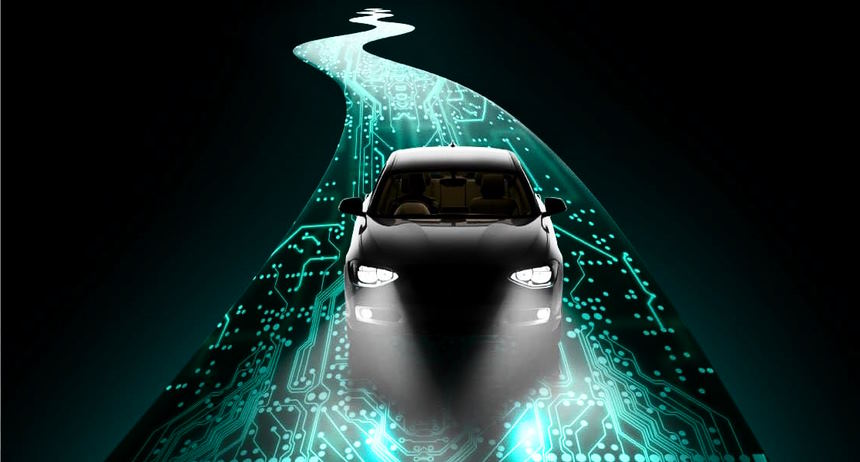
Finally, it is important to consider the ethical implications of using self-driving technology. For example, how will decisions be made in cases where an accident cannot be avoided? Who will have access to sensitive data generated by these vehicles? These questions need to be answered before autonomous vehicles can become widely accepted.
Overall, self-driving technology can revolutionize transportation, but ethical guidelines must be put in place to ensure safety and protect against potential risks. With clear guidelines and regulations in place, self-driving cars could soon become a reality.
How self-driving cars will change the way we make ethical decisions
Self-driving cars are revolutionizing the way we get around and this technology has presented us with a unique challenge – how to make ethical decisions in a rapidly changing world. As self-driving cars become more prevalent, it’s important to consider how they will impact decision-making in difficult scenarios.
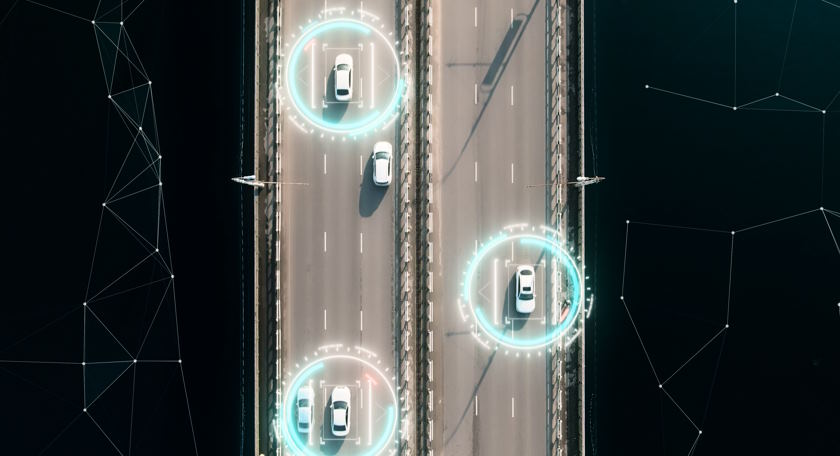
One of the most pressing questions is whether or not self-driving cars should be programmed to prioritize safety over other considerations, such as speed or convenience. If an accident between two vehicles is unavoidable, for instance, should an autonomous car decide which one to sacrifice? This question can only be answered by understanding the ethics of human decision-making in similar circumstances and then programming these values into the car’s artificial intelligence (AI).
Another ethical dilemma surrounding self-driving cars is the potential for exploitation. As technology advances, it’s important to consider how autonomous vehicles may be used for unethical purposes such as human trafficking or drug smuggling. If this were to occur in a self-driving car, would the AI have the ability to detect and prevent these activities?
The questions raised by self-driving cars are complex and far-reaching, but they must be addressed if we want to reap the full benefit of this technology. By considering the ethical implications of self-driving cars now, we can ensure that our decisions today will create a safe and just future tomorrow. In an era where technological advancement is rapidly changing our lives, we must ensure these changes are ethical and responsible.

